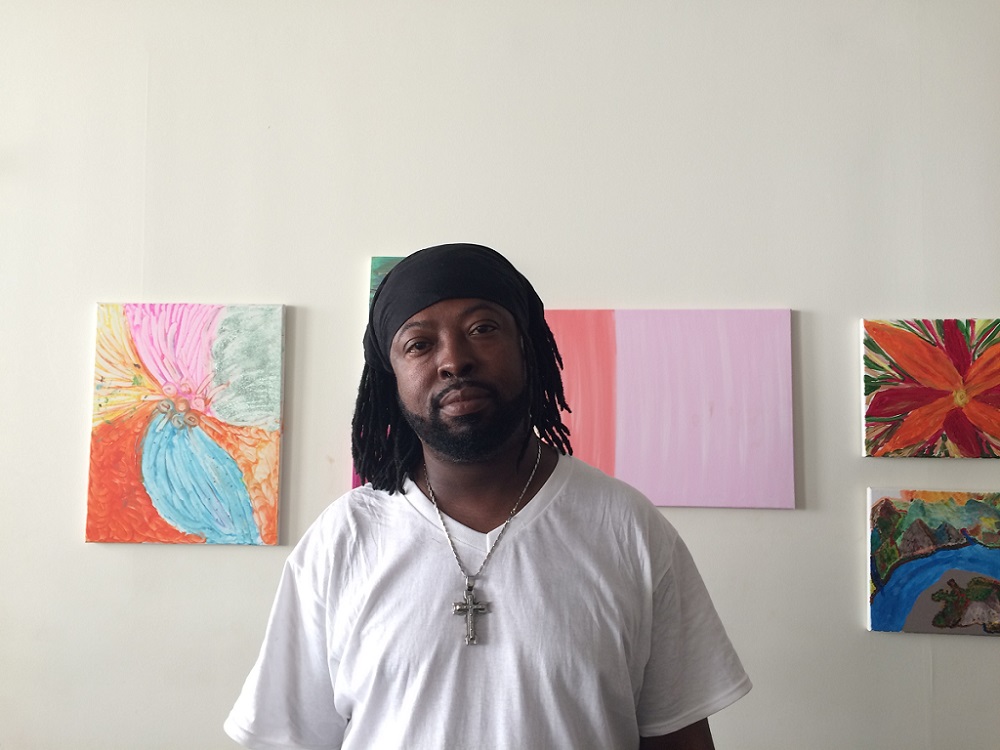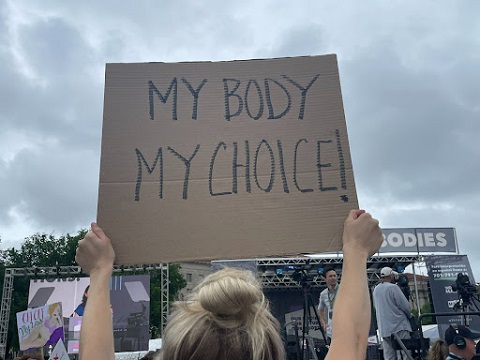By Jacqueline Groskaufmanis, Street Sense
A few years ago, Chon Gotti was living on the streets and selling cigarettes in south east D.C. Now, he’s an entrepreneur. After joining Street Sense, which also led him to an additional salesman position, Gotti has been able to get off the streets.
He was born to two loving parents in D.C. and raised in what he describes as “the toughest neighborhood on the south side.” Now, he is a parent himself and has a daughter attending Howard University.
When Gotti’s parents became ill, he put his personal plans on hold to take care of them and accepted the complications that came with that. This eventually led to a state of homelessness. “Some people may think that they’re strong because they can pay their bills on time,” Gotti said. “But true strength is taking care of the people that brought you into this world.”
And that is what he did.

Today, his life is on the upswing. Gotti sees himself first and foremost as a businessman, attributing his success, in large part, to his confidence. When he sells Street Sense, Gotti sells to a large pool of customers. He has his regulars: the people who buy the paper, ask him about his life, offer bits of kindness. He has people who are disinterested, who walk by him without words. And then, occasionally, he has what he calls a “bad apple:” people who will ask him to leave, or worse, people who curse him out while he is trying to sell the paper. Rather than get discouraged, he notes how many of each kind of customer he sees each day and uses his data to plan for the next day and work on his business approach. “It’s a numbers game,” Ghotti said.
Bad apples aren’t exclusive to prospective customers: they can also be found on the police force, according to Gotti. After serving as a patrol officer for more than 15 years, he knows the other side of policing. “I’ve locked people up; I know the code,” he said.
Between working on the force and interacting with officers as a citizen in D.C., Gotti has a thorough understanding of his rights. He wants others to know their rights as well. He combines his respect for authority with his expectation for just behavior from the police, advocating for the Mobile Justice app—an app from the American Civil Liberties Union (ACLU) that allows people to record and witness interactions with the police in order to increase accountability. In a critical era of racial tensions between Black men and law enforcement, Gotti — a former member of the force, and a black male — exists at a complicated intersection.
Often he will be approached by officers when he sells Street Sense and will have his right to vend questioned. However, everything that Ghotti does is legal—right down to how far he stands from other establishments when he sells the paper. “I’m not making as much as I would be if I were illegally selling cigarettes, but everything I’m doing is legal, and I’m making money the honest way.” He said.
Ghotti knows that homelessness is perceived with the weight of stigma. However, while he feels that some may use homelessness to label him negatively, he refuses to use it as a negative label for himself. As a person who values pride and confidence, Ghotti refused to bend to negative public perception of those who have experienced homelessness. “Life is how you feel about yourself. I don’t feel like I’m homeless, I don’t act like I’m homeless.” Ghotti said. “I lost housing for a while, but I’m just like you.”




















